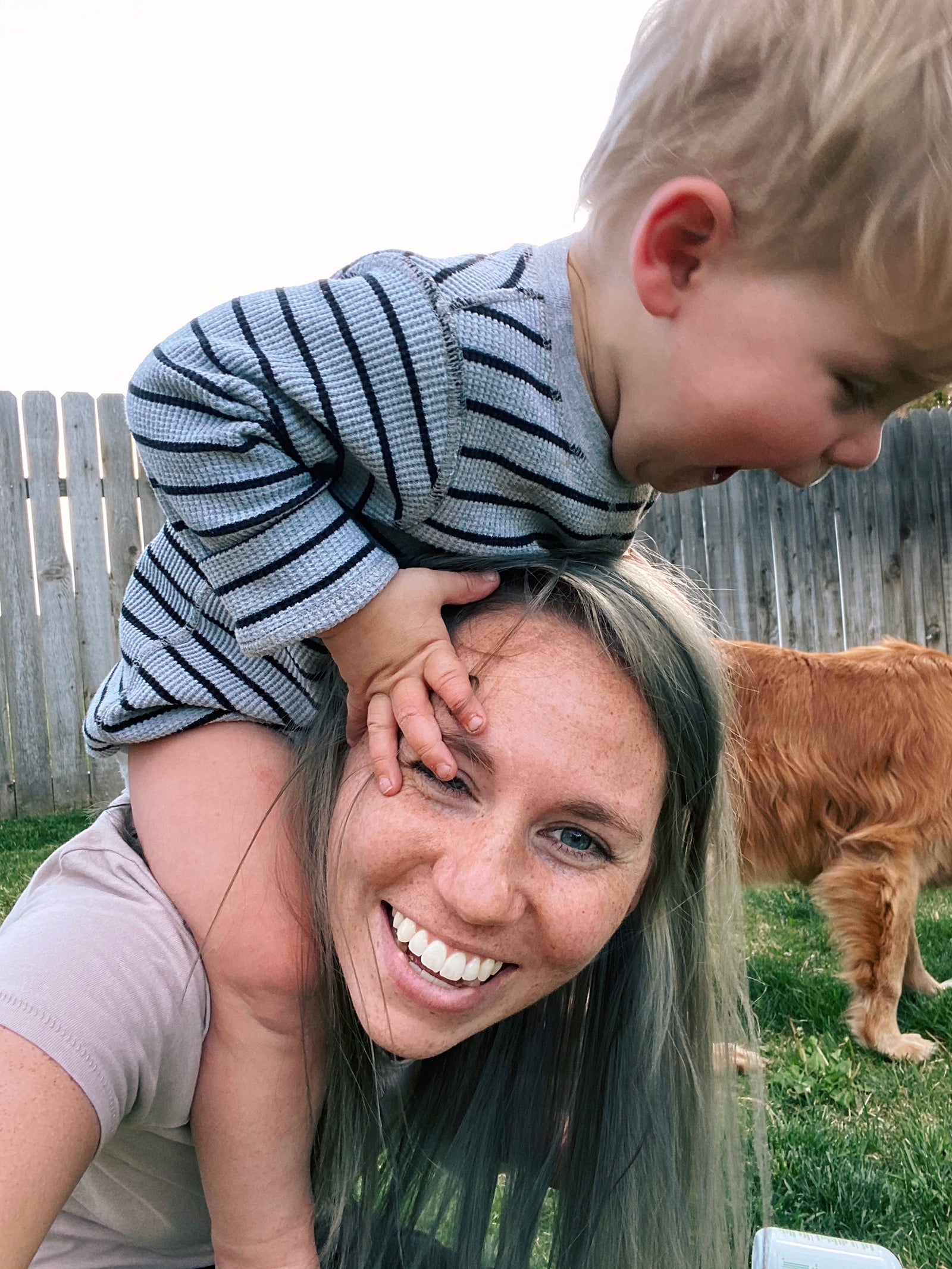Social work isn’t what you might think, and the students pursuing social work degrees through Boise State’s School of Social Work are as different as their passions and goals for their lives and futures. That’s a very good thing – the challenges they face in their internships, graduate assistantships and coursework show just how needed their perspectives and skills are.
Here’s a sneak peek at the “social workers” of the future (spoiler alert: The term hardly captures the range of what they’re interested in – and what they might accomplish.)
Sarah Hessing
Second-year master’s student

For Sarah Hessing, the Boise State School of Social Work program was part of a longer-term plan. She just didn’t know how beneficial the decision would be.
Hessing earned her bachelor of science degree in public health from Brigham Young University in Provo, Utah. When she started looking into master’s programs, the search began with programs in bigger cities. But life – and pregnancy – got her wondering what she wanted her family life and career to be and to become.
Ultimately, the family settled in Kuna, and Hessing chose Boise State. Those decisions, made near the start of the pandemic and well before a serious health scare for Hessing’s husband, have made all the difference.
“Due to my life circumstances, I knew I needed to go to Boise State,” she said. “It wasn’t until I started that I discovered how incredible my professors were, which has made a huge difference in my grad experience.”
The blended learning delivery styles – online and in person – have worked as she has juggled the demands of motherhood and the complexities of her husband’s health diagnosis, making advanced studies possible in ways that a more urban experience might not. She and the students moving through the program together as a cohort have developed extremely close relationships; organized multiple ways to stay connected, including text chains, a Slack channel and a Marco Polo group; shared notes and reading assignments; and supported each other through the challenges of COVID-19.
“It has been extremely helpful and comforting,” she said. “My cohort is very familiar with seeing my son on Zoom.
“This was a huge blessing.”
It’s a far cry from the competitiveness of her undergraduate days, Hessing said.
“I can’t speak to others’ experiences, but I felt like I was always competing to prove that I deserved to be there,” she said. “Boise State has such a different vibe. Here, they want you to stay.”
By “they,” Hessing also means faculty members.
“I feel very fortunate that I get to do both years,” she said. “It has been so rewarding to cultivate friendships and relationships with my classmates and the professors.”
Hessing likes the idea of direct practice in her future. Her internship with the U.S. Department of Veterans Affairs in Caldwell, where she counsels veterans, has broadened her exposure to fields having to do with adult populations; she believes she’ll be interested in working with adolescents and children when she’s no longer mothering young children.
“Being a parent has really made my heart tender to child abuse and loss,” she said. “It’s a high-vulnerability profession, and I’m looking at, ‘What are my soft spots?’
“I love that this program is a safe learning ground.”